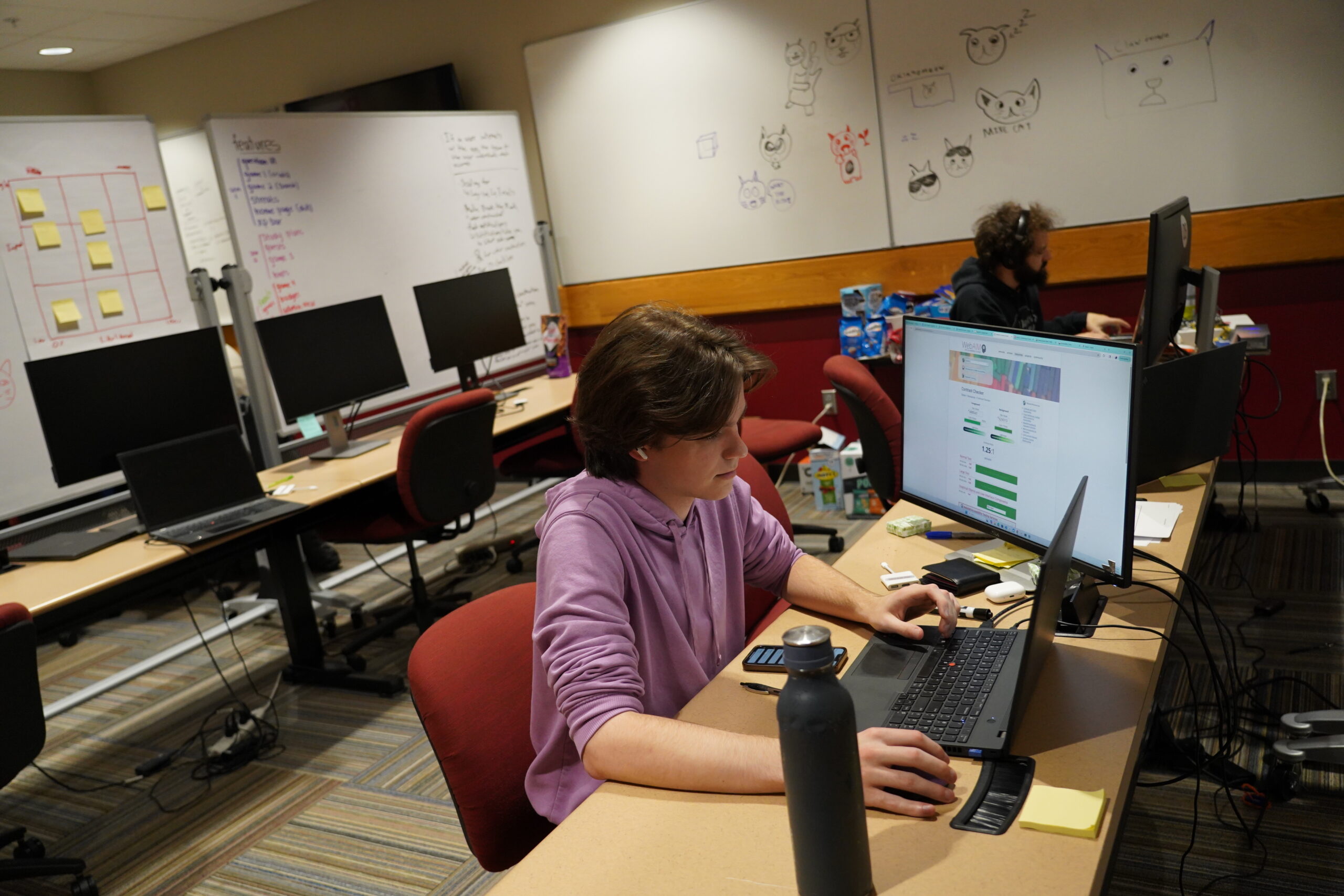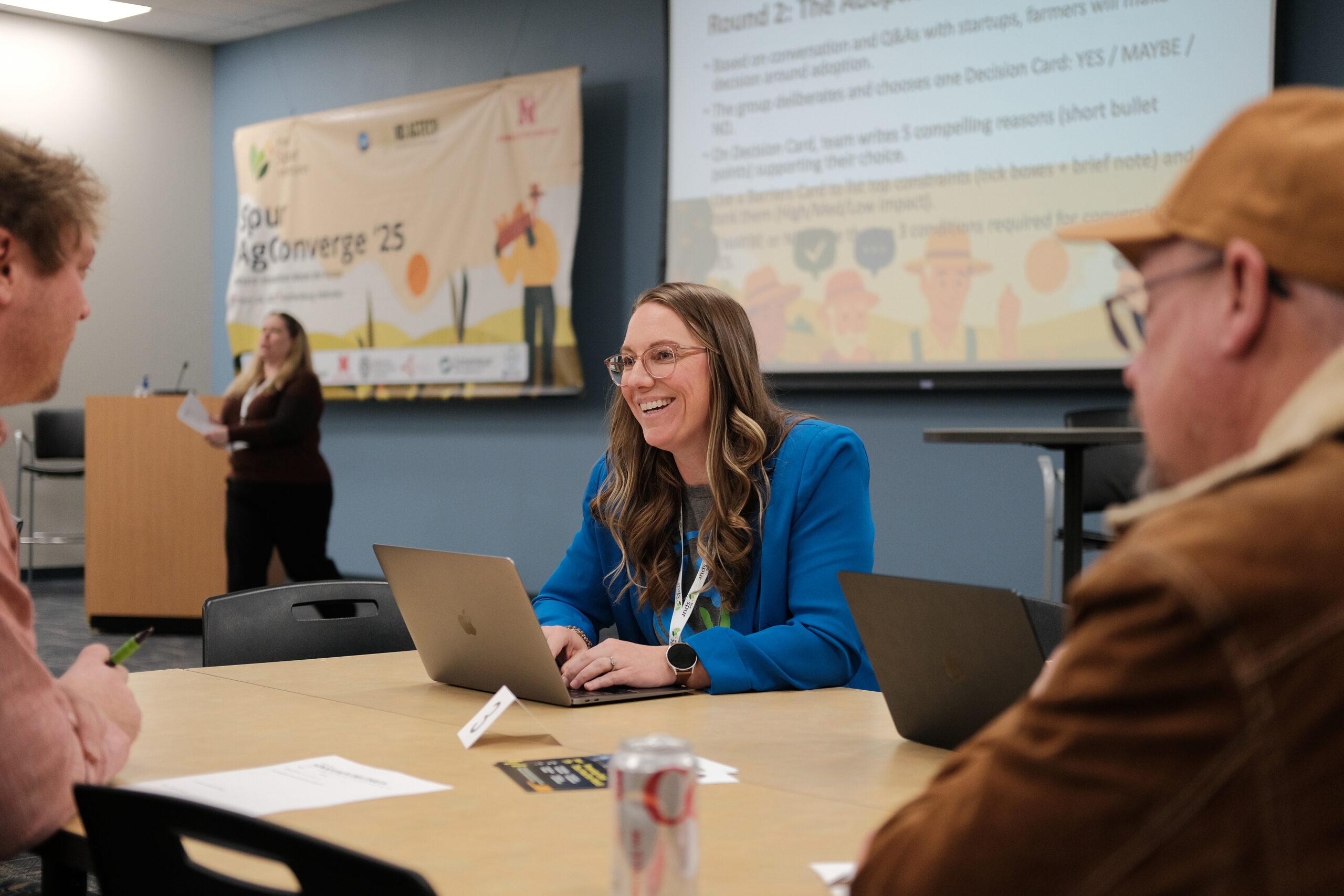Jason Cope and Todd Krone worked in the agricultural seed industry for roughly twenty years when they decided to confront a growing problem. The industry had become so laden with big mergers that developing technologies were being slowed in the process.
That realization led them to found their own Ankeny, Iowa-based startup, PowerPollen, and disrupt the seed industry with a new angle on increasing crop yields.
“Seed companies, in general, are developing trade-based technologies. They’re trying to come up with resistance traits,” said Cope. “They’re overlooking a lot of other things that could give them great value to the industry.”
What Cope and Krone felt other companies were overlooking was pollen. Instead of developing traits that make crops resistant to a certain pesticide or herbicide, the founders believed that the key to breaking through the seed industry was pollen.
“One of the technologies that’s really been missing in the industry is the ability to harvest pollen,” said Cope. “We’ve developed a technology that allows us to harvest pollen as it’s shedding in the field. We collect that pollen en masse and then preserve it.”
Cope explained that on average, pollen lasts anywhere from 30 minutes to an hour in natural fields. PowerPollen can store pollen for eight months, maybe more.
“We take [the preserved pollen] out on-demand when the females (the silks) start to become exposed and they’re ready to be pollinated,” said Cope. “With PowerPollen, you take control of the pollen. You’re not at the mercy of it, waiting for it to shed. You can go out and apply it to these female plants on-demand as soon as the silks are exposed.”
PowerPollen’s process allows for more control over the pollination process, reduces the labor needed for detasseling, and prevents pollen contamination. Those things add up to higher crop yields and more money in growers’ pockets.
“[By our calculations,] this reduces their cost by about $1,300 per acre. That comes from both increased yield and purity and reduction of costs such as detasseling,” said Cope. “This is big for the seed companies because farmers are selling their seed for such a low price right now, there’s really no way seed companies can raise their process, and they’re looking for other cost-cutting measures.”
2018 will bring PowerPollen’s first commercial release. The company is currently working in the field with three customers.
“Where we’re at right now is making sure we’re scaled properly so that we can actually hit every acre that they’d like us to hit,” said Cope.
For an agbiotech startup that founded in April of 2015, they’ve advanced quickly from testing to commercial availability.
“A lot of biotech startups and seed companies are working with things that are highly regulated. They need to satisfy federal agencies that their product is not harmful in any way,” said Cope. “The nice thing about what we’re doing is that it has nothing to do with genetic modification. It’s simply utilizing Mother Nature’s process.”
Hear more from Jason Pope
Jason Pope will be the guest speaker at this month’s the Square One DSM Startup Stories event on Wednesday, Jan. 17 from 11:30 A.M. to 1 P.M. at the Greater Des Moines Partnership, 700 Locust St.
Startup Stories is a free monthly networking event geared toward entrepreneurs, investors and those interested in entrepreneurship that features an interview-style presentation with Square One DSM Executive Director Mike Colwell.
To register, go to DSMpartnership.com/events.
__
Christine McGuigan is the Managing Editor of Silicon Prairie News.




